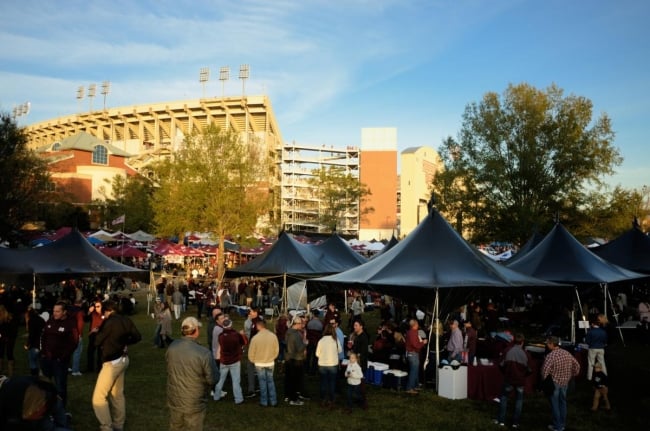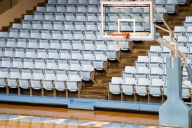You have /5 articles left.
Sign up for a free account or log in.

iStock.com/sshepard
Historically black colleges and universities have canceled four football games that had been scheduled for the early part of the fall season as a growing number of players have tested positive for COVID-19 in university football programs around the country, mostly among major conference institutions.
Meanwhile, Dr. Anthony Fauci, director of the National Institute of Allergy and Infectious Diseases, in an interview with CNN sounded pessimistic about the odds of football seasons occurring this fall.
"Unless players are essentially in a bubble -- insulated from the community and they are tested nearly every day -- it would be very hard to see how football is able to be played this fall," Dr. Fauci said Thursday. "If there is a second wave, which is certainly a possibility and which would be complicated by the predictable flu season, football may not happen this year."
The four HBCU games were the first in college football to be nixed for this season, The New York Times reported. The canceled games were Southern University versus Tennessee State University, Jackson State University versus Tennessee State, Florida A&M University at Southern and Jackson State at Langston University.
The National Collegiate Athletic Association's Division I Council allowed athletes in all sports to begin participating in voluntary athletics beginning June 1. And the NCAA's Division I "Power Five" conferences shortly thereafter opened up football team workouts on university campuses.
Since then several football programs around the country have reported that players have tested positive for the virus, including:
- Thirteen at the University of Texas at Austin
- Eight athletes, likely football players, at Kansas State University
- Eight at the University of Alabama
- Three at Oklahoma State University
- Two at Clemson University
- Three at Auburn University
- Two at the University of South Florida
- Two at Iowa State University
- Two at the University of Mississippi
- At least one at Florida State University
- Seven student athletes from three sports, presumably including football, at Arkansas State University
- Five at Texas State University
- "Several" at Troy University
Other universities reported that student athletes tested positive but didn't say which sports they play. The University of Houston also last week canceled all of its voluntary team workouts after six student athletes tested positive.
(Update: 9:45 p.m., June 19) A group of 30 football players for the University of California, Los Angeles, program have submitted a petition to the university requesting a "third-party health official" for all team activities, the Los Angeles Times reported. The group of players also called for whistle-blower protection, as well to be able to decide whether or not to return to campus without fear of losing their scholarships.
However, Texas A&M University's head football coach, Jimbo Fisher, said this week that he was optimistic mask-wearing fans would watch his team play at its home opener at Kyle Field against Abilene Christian University on Sept. 5.
“I am very encouraged because our governor has opened up outside sports to 50 percent now, I mean this early,” Fisher said, according to a university news release from the Texas A&M system chancellor's office. “I expect it’s going to be pretty close to normal.”
However, Welch Suggs, a professor at the University of Georgia who studies college athletics, sounded less positive about the upcoming football season during a podcast interview with Inside Higher Ed earlier this month.
"We have football players who are coming back to campus right now, getting ready to start workouts next week, when our campus, even our administrators and essential workers aren't coming back until June 15," he said. "It does make me raise some questions about the value we're placing on the health of a lot of those athletes. And I think that's something that colleges and athletic directors and coaches need to be very transparent about, about what they're doing and how they're evaluating and mitigating risk for that population."








